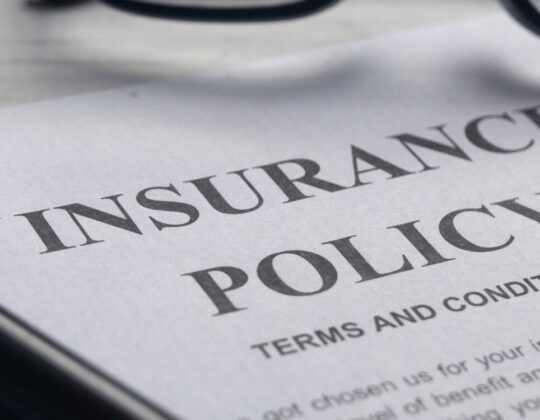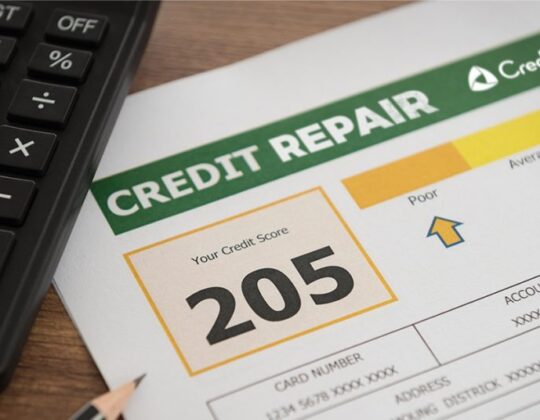The purchase of insurance is meant to provide a safety net, offering financial protection and peace of mind. Unfortunately, instances of insurance fraud can undermine this sense of security. If you find yourself defrauded when buying insurance, it’s crucial to understand your rights and take proactive steps to rectify the situation. In this article, we’ll explore the actions you can take to protect your rights and seek resolution if you fall victim to insurance fraud.
1. Recognizing Insurance Fraud:
Before delving into protective measures, it’s essential to recognize the signs of insurance fraud. Fraud can take various forms, including misrepresentation of coverage, falsifying claims, or selling fake policies. Common red flags may include:
Unsolicited Offers: Be wary of unsolicited calls, emails, or messages offering insurance policies with remarkably low premiums or extensive coverage. Legitimate insurers typically do not use aggressive or unsolicited tactics.
Pressure Tactics: Fraudsters may use high-pressure tactics to push you into making a quick decision. Legitimate insurance companies provide ample time for policy review and decision-making.
Too Good to Be True Offers: If an insurance offer seems too good to be true, it probably is. Unrealistically low premiums or coverage that far exceeds industry standards should raise suspicion.
Lack of Documentation: Legitimate insurance transactions involve clear documentation, policy details, and official paperwork. If you encounter a lack of documentation or unclear terms, exercise caution.
Fake Insurers: Verify the legitimacy of the insurer through official channels. Check for licensing, read customer reviews, and ensure the company is recognized by relevant regulatory authorities.
2. Contact the Authorities:
If you suspect that you have fallen victim to insurance fraud, the first step is to contact the appropriate authorities. In most countries, insurance fraud is a criminal offense, and law enforcement agencies take such cases seriously. Report the fraud to your local police or the designated agency responsible for handling financial crimes.
Provide as much detail as possible, including the name of the alleged fraudulent insurer, contact information, copies of any documentation, and a clear account of the fraudulent activities. This step not only initiates an official investigation but also helps protect others from falling victim to the same scam.
3. Notify Your Legitimate Insurer:
If you unknowingly purchased a fraudulent policy while thinking it was legitimate, contact your actual insurance company immediately. Inform them about the situation and provide any evidence you have regarding the fraudulent policy. Legitimate insurers have procedures in place to handle cases of fraud and can guide you on the appropriate steps to take.
In some cases, your legitimate insurer may be able to assist you in minimizing the impact of the fraud, such as adjusting your coverage or assisting with the claims process. It’s crucial to keep your legitimate insurer informed and seek their guidance throughout the resolution process.
4. Document Everything:
Detailed documentation is key to building a strong case against insurance fraud. Collect and organize all relevant information, including:
Communication Records: Keep records of all communication with the alleged fraudulent insurer. This includes emails, messages, and phone call details.
Documentation: If you received any policy documents, contracts, or paperwork from the fraudulent insurer, make copies and keep them as evidence.
Payment Records: If you made any payments to the fraudulent insurer, document the payment method, transaction details, and any correspondence related to payments.
Details of the Fraud: Clearly outline the details of the fraudulent activities, including dates, names, and specific incidents that raised suspicion.
Having a well-documented case will not only strengthen your position when reporting the fraud but can also be valuable if you need to pursue legal action or work with your legitimate insurer to rectify the situation.
5. Consult Legal Advice:
In cases of insurance fraud, consulting with legal professionals can provide invaluable guidance. Seek advice from an attorney specializing in insurance law to understand your rights, options, and the potential legal avenues available to you. Legal professionals can help you navigate the complexities of insurance fraud cases and guide you on the best course of action.
Depending on the circumstances, you may be able to pursue legal action against the fraudsters to recover any financial losses or damages incurred. An attorney can assess the viability of such actions and provide tailored advice based on the specifics of your case.
6. Contact Regulatory Authorities:
Insurance companies are regulated by specific authorities to ensure compliance with industry standards and legal requirements. If you believe you’ve been defrauded, contact the relevant regulatory authorities overseeing insurance providers in your jurisdiction. Provide them with a detailed account of the fraud, including supporting documentation.
Regulatory bodies have the authority to investigate and take action against fraudulent insurers. They may also be able to provide guidance on how to proceed and what additional steps you can take to protect your rights.
7. Monitor Your Finances:
Insurance fraud may involve unauthorized access to your financial information. As a precautionary measure, closely monitor your bank accounts, credit cards, and any other financial accounts for unusual activity. If you provided payment information to the fraudulent insurer, contact your financial institutions to report the situation and take appropriate steps to secure your accounts.
8. Educate Yourself:
Prevention is often the best defense against fraud. Educate yourself about common insurance scams, red flags, and best practices for verifying the legitimacy of insurers. Stay informed about industry standards and regulations to make informed decisions when purchasing insurance.
Many regulatory authorities provide resources and guidelines to help consumers protect themselves from fraud. Familiarize yourself with these resources and use them as a reference when evaluating potential insurers.
9. Be Wary of Further Solicitations:
If you’ve been defrauded by one insurer, be cautious about further solicitations or offers from other unknown sources. Fraudsters may attempt to exploit your situation by posing as legitimate insurers offering assistance or alternative coverage.
Verify the legitimacy of any new offers independently, and do not provide personal or financial information unless you are confident about the authenticity of the source. Report any suspicious activity to the relevant authorities.
10. Learn from the Experience:
While being defrauded is a challenging experience, use it as an opportunity to learn and strengthen your approach to insurance transactions. Be vigilant when evaluating insurance offers, thoroughly research potential insurers, and trust your instincts. Share your experience with friends and family to raise awareness about common scams and help others avoid falling victim to similar fraud.
In Conclusion: Taking Control in the Face of Fraud
Being defrauded when buying insurance can be disheartening, but taking swift and informed action is crucial in protecting your rights and minimizing the impact of the fraud. By recognizing the signs of fraud, reporting the incident to authorities, consulting legal advice, and staying vigilant in the aftermath, you empower yourself to navigate the complexities of insurance fraud and seek resolution. Remember that you are not alone in this process, and there are resources and professionals available to assist you in reclaiming your financial security and confidence in insurance transactions.








